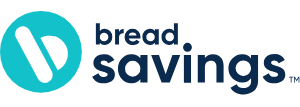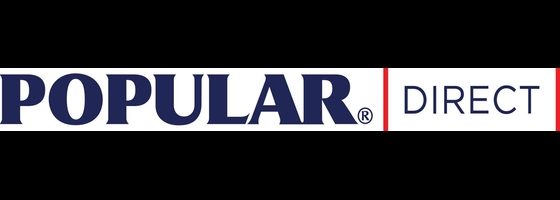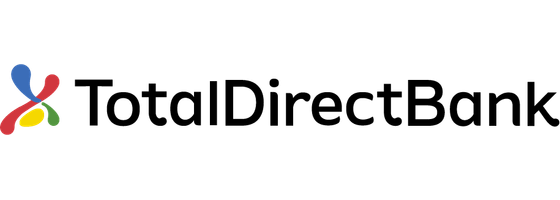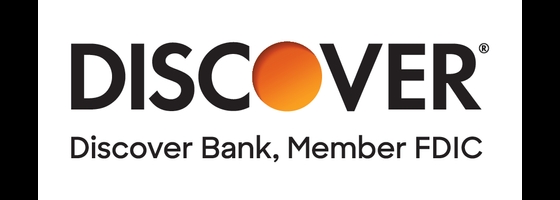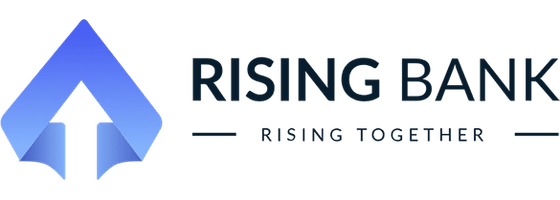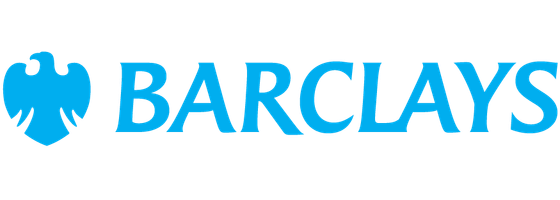11 Best 1-Year CD Rates in November 2024
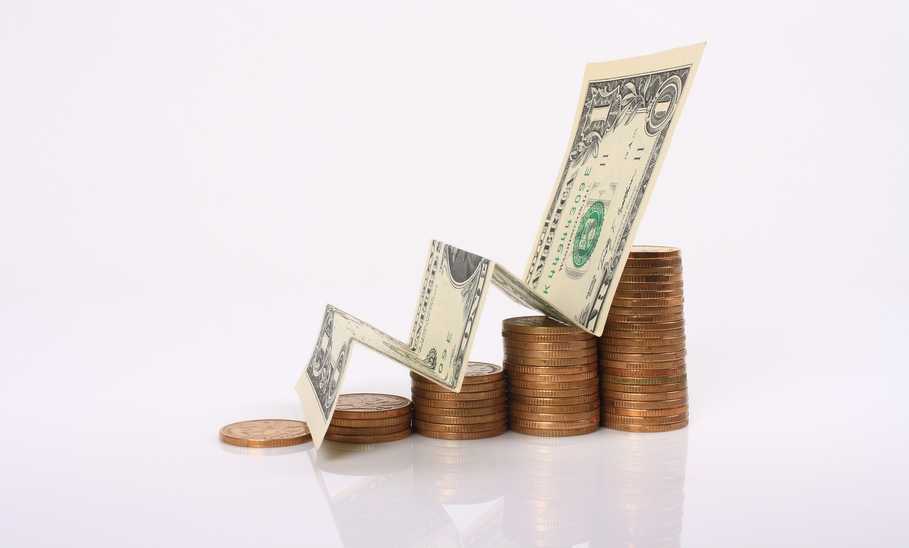
Our evaluations and opinions are not influenced by our advertising relationships, but we may earn a commission from our partners’ links. This content is created by TIME Stamped, under TIME’s direction and produced in accordance with TIME’s editorial guidelines and overseen by TIME’s editorial staff. Learn more about it.
High yield savings accounts can help you to grow your money, but there are some good reasons to consider certificates of deposit (CD) instead. CDs allow you to earn interest for a set time period and, depending on where you bank, can outstrip savings-account annual percentage yields (APYs).
If you're interested in a 1-year cd option, comparing banks can help you to find the best one-year CD rates. Here are the highest one-year CD rates among banks and credit unions.
CIBC offers some of the most competitive rates of any one-year CD, with a moderate minimum deposit requirement of $1,000. You can, however, deposit up to $5 million into a CD account here if you're a super saver.
Accounts can be opened online and you can fund your initial deposit via electronic transfer or paper check. There is one potential downside and that's how often interest compounds. CIBC compounds and credits CD interest monthly instead of daily.
Bask Bank offers a 1-year CD with an APY of 4.25% and a minimum deposit requirement of $1,000. Interest is calculated daily. You can manage your Bask Bank account online, via mobile app, or by phone.
As an online bank, Bask doesn’t offer cash deposits or ATMs. The bank is one of the oldest online banks around and, as such, enjoys a good reputation among customers. Bask Bank is a division of Texas Capital Bank.
Bread Savings offers one-year CDs with some of the highest rates around and no monthly fees. You'll need $1,500 to open an account and you'll have a 10-day grace period in which to renew once your CD matures. Current renewal rates are slightly higher than the one-year CD rates for new accounts.
You can deposit up to $1 million per account with Bread. The total deposit limit is $10 million per customer, which is great if you plan to keep a lot of money in CDs. However, remember that the standard FDIC coverage limits apply.
Live Oak Bank's 1-year CD offers competitive interest rates and flexible terms to help you grow your savings. In addition to a competitive interest rate, Live Oak has no monthly fees, offers FDIC protection up to $250,000, and has a solid reputation.
A $2,500 minimum deposit is required to take out a CD. The maximum permitted balance is $250,000. Interest is compounded daily and deposited monthly. Live Oak is an online only bank with access through the internet or via the bank’s mobile app.
Capital One offers one-year CDs as well as CDs with other terms and there's no minimum deposit requirement to open an account. That could make them a good fit if you're just getting started with saving or if you're interested in opening multiple CDs at the same bank or different banks.
The current payout on a one-year CD from Capital One is among the best available. And interest can be paid out monthly, annually, or at the end of the term—it’s your choice.
Discover® Bank offers a wide range of financial products, including 1-year CDs that earn competitive rates.
You might consider a Discover® CD if you're interested in switching banks or want to open multiple accounts in the same place. Member FDIC.
Rising Bank offers a one-year CD with an outstanding APY for those who have at least $1,000 to start saving. The one-year CD maximum limit is $1 million, but keep in mind that your FDIC coverage tops out at $250,000.
The bank compounds and credits interest to CD accounts every three months, and you must maintain a minimum $1,000 daily balance to earn the advertised rate. Your one-year CD renews automatically at maturity unless you change your election.
Rising Bank imposes an early withdrawal penalty equal to 90 days' interest on the amount withdrawn. There's an exception to this fee if the account owner passes away or an early withdrawal is permitted or required by law.
Barclays is another top choice for one-year CD rates and low fees. There are $0 monthly fees and you won't need to meet a minimum balance requirement to open an account. You will, however, need to fund your accounts within 14 days of opening in order to keep it active and earn interest.
One thing that sets Barclays apart is its customer service. While you can access your accounts online or via mobile banking 24/7, Barclays also offers phone support seven days a week. That's a plus if you have questions or run into an issue while managing your account.
| Institution | APY* | Term | Minimum deposit |
|---|---|---|---|
CIBC | 4.43% | 1 Year | $1,000 |
Bask Bank | 4.25% | 1 Year | $1,000 |
Bread Savings | 4.30% | 1 Year | $1,500 |
Popular Direct | 4.00% | 1 Year | $10,000 |
Live Oak | 4.30% | 1 Year | $2,500 |
Total Direct | 4.50% | 1 Year | $25,000 |
Capital One | 4.20% | 1 Year | $0 |
Discover® Bank | 4.10% | 1 Year | None |
Rising Bank | 4.30% | 1 Year | $1,000 |
Barclays | 4.25% | 1 Year | $0 |
We compared one-year CD accounts at multiple banks and credit unions to find the best CD rates. In finalizing our rankings, we consider minimum deposit requirements, interest rates, fees, and how frequently interest compounds. The CDs that made it into the final rankings rated the best overall in each of these categories.
There are lots of one-year CDs to choose from, but some may be a better fit for your needs than others. As you compare CDs from different banks, here are a few things to keep in mind:
CD rates—in particular one-year CD rates—were generally rising until February 2024, when they began a small decline. This probably reflected anticipation of the Federal Reserve’s intention to cut the federal funds rate in the second half of 2024. The Fed finally followed through on this intention at its Sept. 18 meeting, making a 0.50% cut in the rate, and CD rates have declined further since. The Fed is expected to make at least one further cut before the end of 2024. Nevertheless, CD rates in November 2024 are 12 times higher than in March 2022, so they are still a good investment.” You can check monthly rates here.
A one-year CD could be the right option if you're saving toward a specific goal that's not too far off on the horizon. For example, you might use a one-year CD to save for:
You might also open a 1-year CD account if you're building a CD ladder. The other rungs might include a 3-month CD, 6-month CD, 9-month CD, and 18-month CD. Spacing out maturity terms means a renewal is always around the corner, allowing you a chance to either withdraw your savings or roll them over to a new CD term.
A one-year CD can offer a safe, secure place to park money that you don't plan to spend right away. Online banks can offer some of the most competitive CD rates, though it may be worth checking rates at traditional banks and credit unions as well. The best CD option for you is ultimately the one that pays the highest rate with a term that fits your savings goals.
If you're looking for something other than one-year CDs, you could open a CD account with a shorter or longer term instead. High-yield savings accounts and money market accounts can also help you grow your money at higher rates, without having to worry about early withdrawal penalties.
No-penalty CDs have no early withdrawal penalty if you take money out before maturity. While they're less common than other types of CDs, there are banks that offer them. Climate First Bank No-Penalty CD, for example, has two term no-penalty CD accounts that feature competitive rates.
Whether it makes sense to save in a short- or long-term CD can depend on your goals. If you know that you'll need the money you're saving fairly soon, a shorter-term CD might be best. On the other hand, if you don't have an immediate need to tap into savings, you may benefit from choosing a longer-term CD if it means earning a higher interest rate for a longer time period.
* APY is subject to change. APY is updated as of Nov. 1st, 2024.
The information presented here is created by TIME Stamped and overseen by TIME editorial staff. To learn more, see our About Us page.


